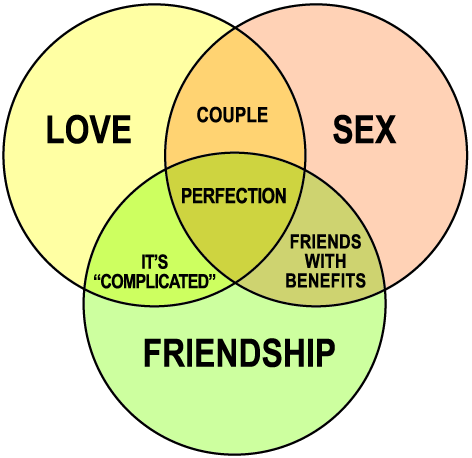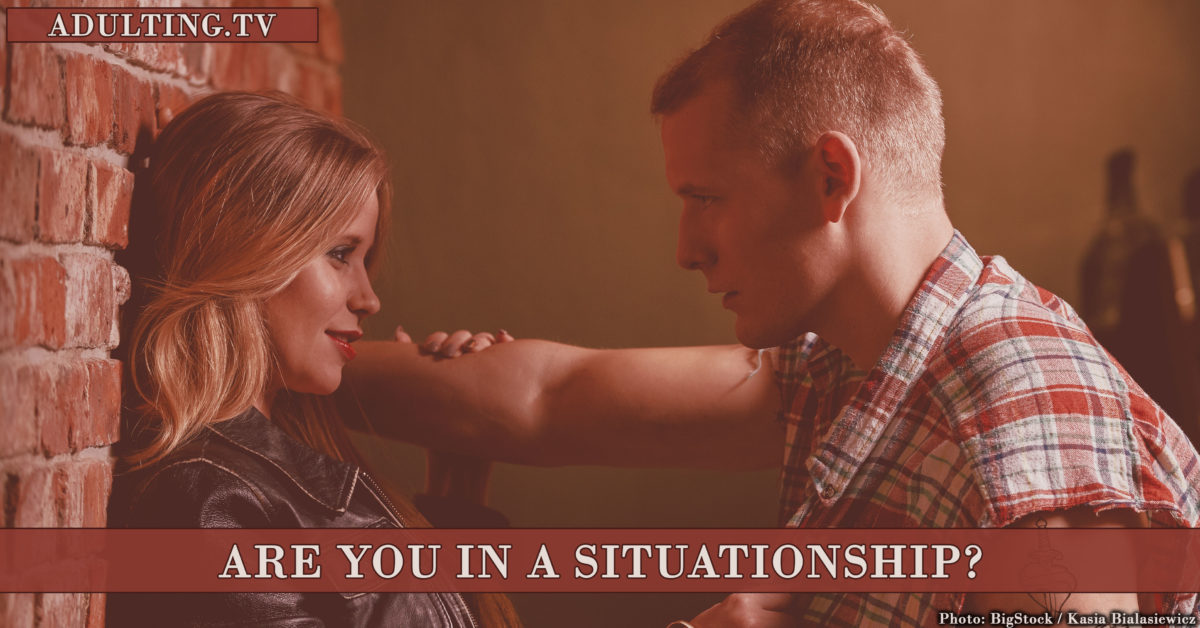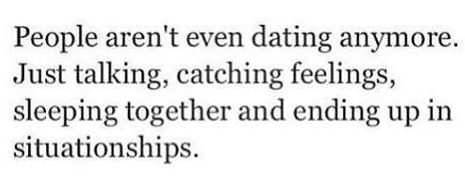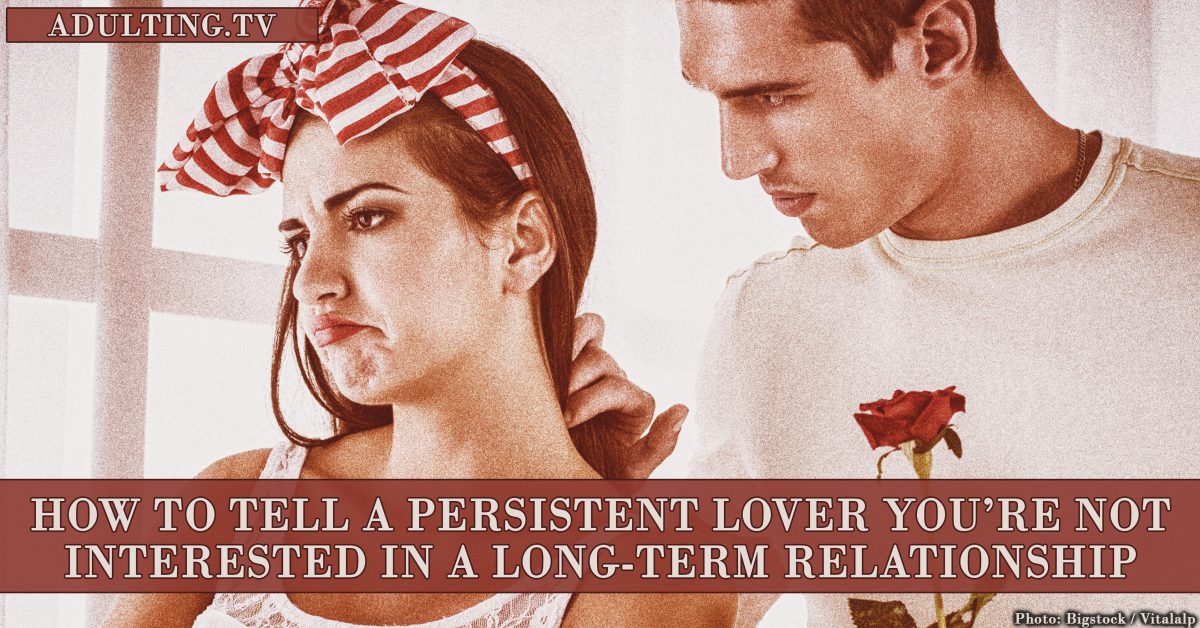If your sexual tastes go beyond the traditional, you’re not alone – Americans are getting kinkier by the minute.
As a society, we’ve started to move past the stigma and shame associated with fetishes and kinks. But not everyone is comfortable exploring their kinkier side, and that can cause serious problems in a relationship.
Mismatched sexual desires can be a relationship-killer, and many people avoid the conversation altogether. Unfortunately, that doesn’t make the problem go away.
If you’re the kinky one in a relationship, it’s up to you to make sure your sexual needs are being fulfilled. Your partner might not be open to trying everything, but you might also be surprised at how receptive they are. Some people need a little encouragement to bring out their freaky side.
Before you give up hope, here are a few things to try:
Talk about it with your partner.
This probably sounds like a no-brainer, but it’s shocking just how many relationship issues persist due to a lack of communication.
If you’ve been scared to bring up your kinky side to your partner, now’s the perfect time to tell them. Start off slow. Talk about your favorite kink, and why it turns you on. Make sure you’re in a setting where you’re both comfortable and alone.
Find out if they are interested in learning more. If they are open to it, maybe send them a link to your favorite porn video with that kink and ask them what they think. Ask them subtle questions about the fetish, like if they’ve ever tried it or been interested.
Gauge their responses carefully. Do they sound curious or turned off?
Take it slow, and give your partner time to think.
Sex therapist Lanae St. John of The MamaSutra says you should do this during a non-sexual time so the person doesn’t feel pressured to decide to try something right away. Also, never demonstrate the kink on your partner without their full and affirmative consent. Your partner needs to feel safe in order to explore something new.
You can also send them a link to Mojo Upgrade, a sex questionnaire that examines your interest in various sexual positions, scenarios, and fetishes. You’ll each take the questionnaire separately, and the site will only send you a list of ideas you’re both into. That way, there’s no fear of you exposing your wildest fantasies to a partner who’s not into it.
These are non-threatening ways to bring up your kink. And it’s vital that you do so in a way that doesn’t put pressure on your partner. If you feel like you need a little distance, the Mojo Upgrade can help — as can my next suggestion.
See a sex therapist together.
If you’re still having trouble communicating your desires, see a sex therapist. A sex therapist specializes in helping people understand their sexual needs and fulfill them in a consensual way.
A sex therapist can help your partner understand why you like something, and help you realize why your significant other might be apprehensive. You can find a qualified professional through the American Association of Sexuality Educators, Counselors and Therapists.
One of our favorite sex educators is Bez Stone. She offers insights into why we’re so uncomfortable with sex, and what you can do about it. Sometimes, it’s less about the kinkiness and more about understanding your partner and being able to have a mutually satisfying experience based on grownup realities, rather than the erroneous information we received as teenagers.
Praise them for trying something kinky.
A partner who isn’t kinky the same way you are might feel scared to try it, even if it’s a common scenario like bondage or choking.
Going out on a limb sexually is a frightening experience for many people. If they decide to go along with your idea, be encouraging, supportive and avoid criticism. Yes, they might not be doing it “right,” but at least they’re doing it.
It’s the same way you’d treat a boyfriend who bakes your favorite dessert on your birthday. Sure, the cake might not taste the same way your mom made it, but you should still show your appreciation. A person who feels shamed for doing something is less likely to try it again. You can still offer suggestions or corrections, but be gentle, understanding, and show your enthusiasm for the next time.
Avoid pressure.
If there’s one thing that will destroy your sex life, it’s pressuring your partner to do something they aren’t interested in. It’s ok to mention a fetish a few times, but if your partner always says no or seems uncomfortable, stop bringing it up. Pressuring your partner probably won’t work, and even if it does it will just lead to resentment.
Sometimes, backing off and waiting a while to bring the issue up again works better. Your partner might want more time to get used to the idea. If they’re unsure, waiting could show them how willing you are to be patient and understanding.
Decide if it’s a dealbreaker.
While sex isn’t necessarily the most important thing in a relationship, it is a vital component of a healthy romantic partnership. In my college psych class, we learned about the Venn diagram of relationships. It had three circles: love, sex, and friendship.

If you have sex and love, you have a relationship based on lust and infatuation. When you have friendship and sex, you’re friends-with-benefits. If you only have friendship and love, you’re missing the physical component.
To have a successful partnership, all three circles need to align. When sex is missing or inadequate, a third of your relationship becomes fractured. If your sex life starts to feel lackluster and your partner is unwilling to change, it could be time to move on.
And, quite frankly, it can help to figure this out before you get married (if you decide to marry). After all, what happens if you are a couple years into a marriage before you realize that your sex life is a total dealbreaker. Even if you decide not to have sex before marriage, talking about the kinky stuff you like ahead of time can at least give you a clue — and even be a warning to your potential mate.
Where to go next with your relationship.
St. John says that sometimes couples with mismatched sex interests go outside of their relationships to find what they’re looking for. This kind of open relationship doesn’t work for everyone, but it is an option in some cases. But making an open relationship work is its own challenge.
Carefully think about what matters most to you and your partner. Think through the situation to see if you can make something kinky work, or if you need to seek satisfaction elsewhere. Be realistic and open as you go on this journey.
And invite your partner to come with you. Your partner might surprise you.



![[B041] Be a Kickass Single Mom ft. Emma Johnson from Wealthy Single Money](https://adulting.tv/wp-content/uploads/2017/10/emma-johnson-1200x628.jpg)
![[A091] Love It Up: Romance the Ish out of Your Partner](https://adulting.tv/wp-content/uploads/2017/09/a091-romance-1200x628.jpg)
![[B032] Have the Best Dating Life Ever While Raising a Family ft. Sarah Bettencourt](https://adulting.tv/wp-content/uploads/2017/08/best-dating-life-ever-1200x628.jpg)


![[B029] Everything You Learned About Sex in 7th Grade Is Wrong, ft. Bez Stone](https://adulting.tv/wp-content/uploads/2017/05/learned-about-sex-is-wrong-1200x628.jpg)

![[A051] You Up? Find a Date and Make It a Good One](https://adulting.tv/wp-content/uploads/2016/12/a051-1200x628.jpg)


![[A047] Long-Distance Relationships: Keep Them Fire](https://adulting.tv/wp-content/uploads/2016/11/a047-1200x628.jpg)





